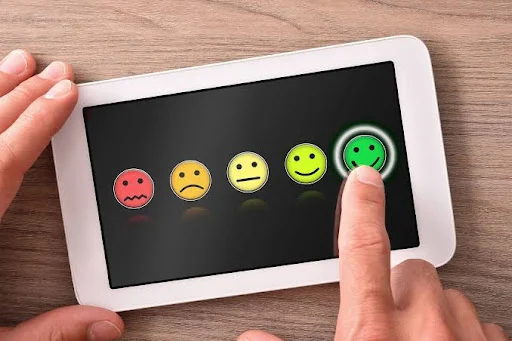In recent years, health tracking technologies have become an integral part of our daily lives. From fitness enthusiasts to individuals managing chronic conditions, these technologies provide valuable insights into our physical and mental well-being. As we look towards the future, it's essential to understand the current landscape and anticipate upcoming changes, particularly the depreciation of popular platforms like
Google Fit. Additionally, we'll explore the benefits of these technologies, including
mindfulness and the cultivation of healthy habits.
Today, health tracking technologies encompass a wide range of devices and applications designed to monitor various aspects of our health. Wearable devices like smartwatches and fitness bands track physical activity, heart rate, sleep patterns, and even stress levels. Mobile applications complement these devices, offering comprehensive platforms for health data aggregation and analysis.
Google fit: A versatile platform that integrates with numerous third-party apps and devices, providing a centralized hub for health data.
Health Connect by Google: An initiative aimed at enhancing data interoperability between health and fitness apps, allowing users to access a more holistic view of their health.
Apple Health: Known for its seamless integration with iOS devices, Apple Health provides robust health tracking features and supports a wide range of third-party applications.
Fitbit: Acquired by Google, Fitbit remains a popular choice for fitness enthusiasts, offering detailed tracking of physical activities and personalized health insights.
As technology evolves, some existing platforms face depreciation. Google Fit and Health Connect, for instance, are anticipated to undergo
significant changes or phase out entirely as Google shifts focus to new initiatives. This transition may impact users who rely on these platforms for their daily health tracking needs. Similarly,
Apple Health and
Fitbit might see shifts in their functionalities as companies innovate and streamline their offerings.
While these changes can be daunting, they also pave the way for new and improved technologies that promise to enhance our health tracking capabilities. The key lies in staying informed about these developments and adapting to new tools and platforms that emerge.
The future of health tracking technologies looks promising, with advancements in
artificial intelligence, machine learning, and wearable tech leading the charge. Here are some anticipated developments:
Future health tracking technologies will offer more personalized insights and recommendations, leveraging AI to analyze individual health data and provide tailored advice.
Beyond physical health, upcoming technologies will increasingly focus on
mental well-being, incorporating features like mood tracking, stress management tools, and mindfulness exercises.
Amidst these technological advancements, the benefits of health tracking technologies remain clear. By fostering mindfulness and encouraging healthy habits, these tools can significantly enhance our overall well-being.
Health tracking technologies often include features that promote
mindfulness, such as guided meditation sessions, breathing exercises, and
stress tracking. By regularly engaging with these tools, users can cultivate a greater sense of awareness and calm, improving their mental health.
Regular use of health tracking technologies can encourage the adoption of
healthy habits. For instance, setting daily step goals, monitoring
sleep patterns, and tracking
water intake can motivate users to make positive lifestyle changes. Additionally, many platforms offer features that promote optimism and
gratitude, such as journaling prompts and reminders to reflect on positive experiences.

Comments